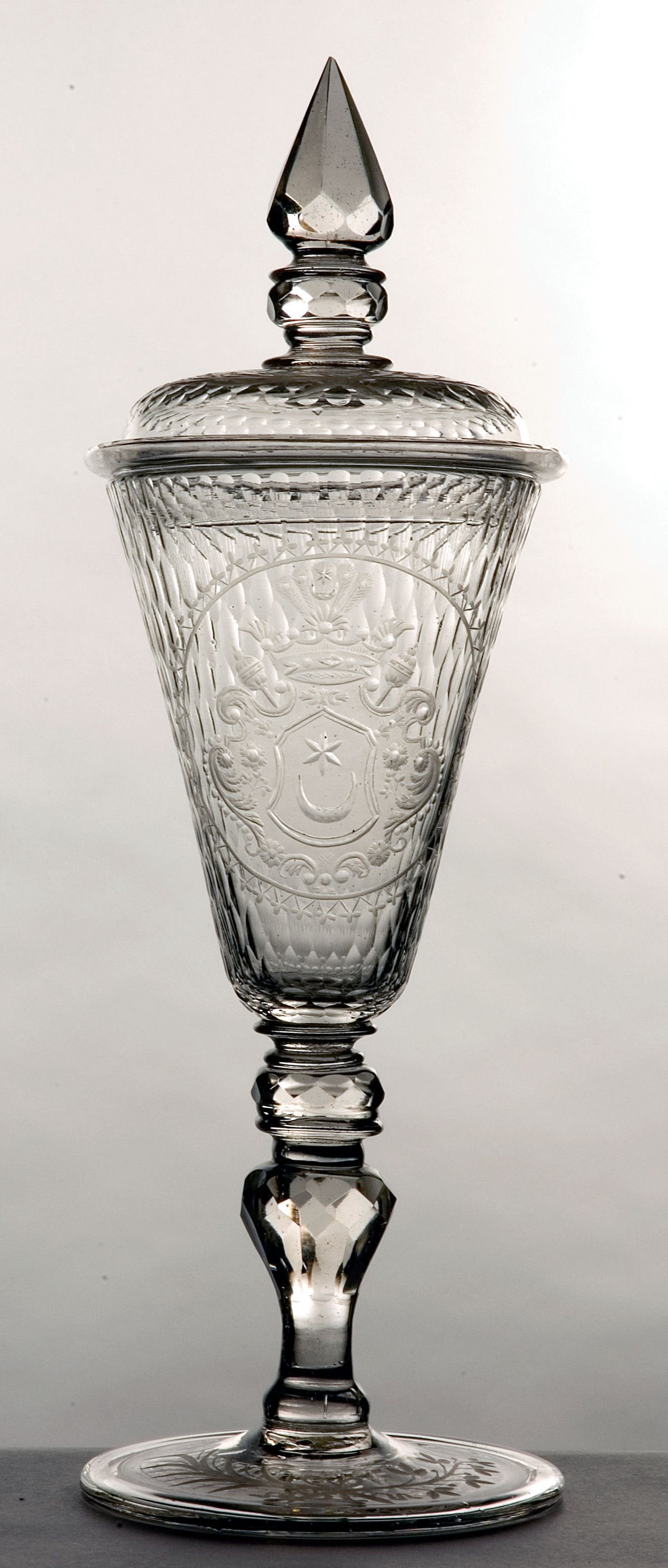
Reference books and encyclopaedias from 17th century onwards contain numerous recipes for medicinal wines that were supposed to help cure illnesses. Wine mixed with herbs and other ingredients cured all sorts of ailments. The benefits of wine were described by Piotr Zbylitowski:
Wine sharpens the wits and gives strength
Is good for the stomach,
Chases away sorrow and futile thoughts,
better than the most elaborate reasoning.
It is the mother of merry days and good thinking,
Heats up the head and frees it of trouble.
It fights abominable meanness and damn greed...
Wine was also recommended on its own, without any additions. Judging by the origin, colour or taste, it was decided which wine would be good and for whom, and which could be harmful: "The best is medium wine, better than hot or dry. Sweet wine is somewhat moist, which makes it hard to digest and lax and causes kidney stones. Spicy or sour wine hardly opens the veins and does not multiply good blood, but it strengthens the intestines. Wine without taste, like water, is the best for a stomach of hot nature, but it is not fattening. Strong male wine is harmful, unless mixed with water and made milder, then it warms up the best but offends the brain. Nice aromatic wine multiplies pure blood, cheers up the heart, chases away sorrows, turns anger into goodness, coldness into reverence, gluttony into generosity, pride into humility, carelessness into meticulousness, fear into boldness; provided it is drunk with moderation."
Despite the warning that sweet wine was hard to digest, the strong and heavy beverage was the favourite among the nobility. A fragment of Ignacy Krasicki's satire "Pijaństwo" (Drunkenness) is but one of the many examples showing that wine was commonly used for indigestion:
Wojciech, who fears indigestion,
after the ham that we ate advises some wine,
One glass, another glass will do you no harm,
Especially if wine is dry and pure
And we accept such an obvious truth!
In the 18th century, French red wines, especially from the Bordeaux region, were considered the best remedy for stomach problems. Their beneficial effects were due to the tannins contained in them. Rhine wines also had invaluable dietetic properties and were used to make numerous medical mixtures: "Take a quart of good old Rhine wine, take two and a half ounces of dried elderberries, crush well and add wine. Leave for three days to soak in a worm place. Administer a glass of the wine to the patient in the morning, on an empty stomach, let him stay in bed for another hour, and serve another glass before going to sleep. Have another quart of wine ready and refill what the patient has drank. After drinking two quarts of wine, many patients recover."
However, wine and other beverages were often abused and they caused more harm than good. It was common to drink alcohol early in the morning. Kitowicz wrote about it: "Lords were accustomed to alcoholic beverages: tea in the morning, with or without milk, always with sugar, then Gdańsk vodka, persico, cynamonka, dubelt-hanyż, ratafia, krambambula (...). After one glass, they would eat jam or gingerbread, bread and butter or sweet crackers, then one or two more glasses of vodka." It was not only because alcohol was drunk on an empty stomach that intoxicated faster. Also, vodka was mixed with wine and it was followed by beer as refreshment. As we can imagine, the consequences were quite tragic.
However, enema - wine mixed with water, was also supposed to have medical properties. We read inCompendium medicum auctum that the mixture cured colic. Vodka with spices was also considered an excellent medicine. Ludwik Perzyna, in his Lekarz dla Włościan (Medical doctor for peasants) noted that vodka was not supposed to be commonly made and used to get drunk, but it should only be used by apothecaries to make medicines. However, patients found medicines with vodka so tasty that later they drunk just vodka. Perzyna concludes that "vodka is not good for any illness as it causes or maintains fever and when combined with olive or pepper, it slowly poisons many."
Wine was also called "milk for the elderly, as it strengthens the stomach and cheers up the mind." The basic principle when administering wine, as well as other alcohols for medical purposes, was moderation.
Translation: Lingua Lab
We would like to inform that for the purpose of optimisation of content available on our website and its customisation according to your needs, we use information stored by means of cookies on the Users' end devices. You can control cookies by means of your Internet browser settings. Further use of our website without change of the browser settings means that you accept the use of cookies. For more information on cookies used by us and to feel comfortable about this subject, please familiarise yourselves with our Privacy Policy.
✓ I understand